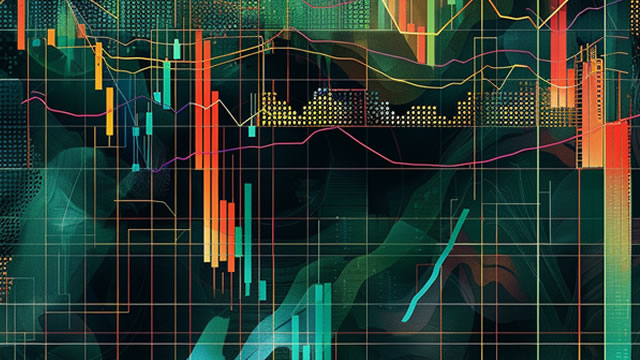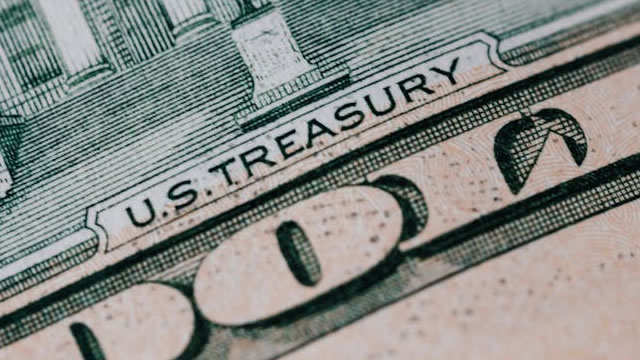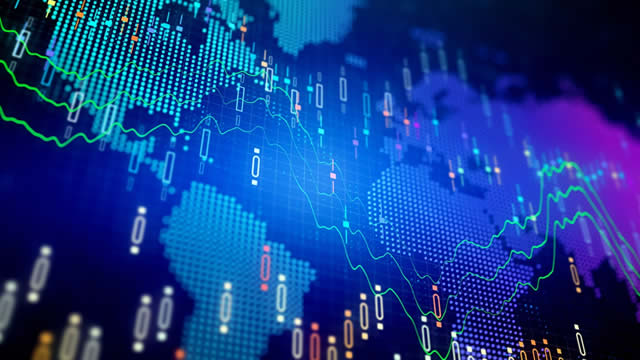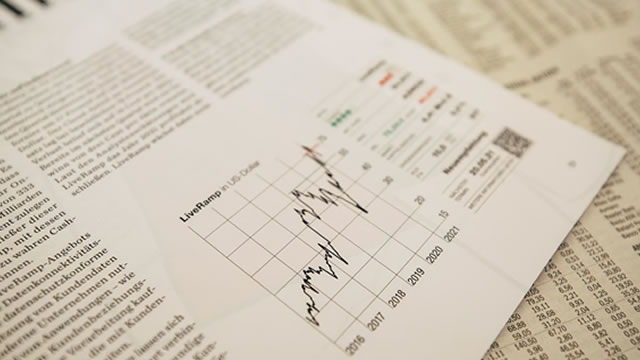Tariffs: The Economic Rollercoaster Ride
Have you been feeling a little uneasy about the stock market lately? Well, you’re not alone! Some investors are worried that the return of high tariffs could send the economy into a recession. But fear not, dear reader, for your AI friend is here to break it down in a way that’s as humorous as it is informative.
A Tariff-filled Future?
First, let’s talk about what’s been going on. You may have heard that the trade war between the US and China has been heating up again. And with it comes the threat of higher tariffs. But what does that mean for the economy and your investments?
The Impact on Stocks
When tariffs go up, companies that import goods face higher costs. And who do you think ends up paying for those costs in the end? You got it – consumers and investors!
Now, when companies face higher costs, they have a few options. They can pass those costs onto consumers in the form of higher prices. Or they can absorb the costs themselves, which can cut into their profits. And when profits go down, so do stock prices.
- Higher tariffs = Higher costs for companies
- Higher costs for companies = Lower profits
- Lower profits = Lower stock prices
The Impact on Bond Yields
But it’s not just stocks that are feeling the heat. When investors get nervous about the economy, they often look for a “safe haven” to park their money. And what’s a safer bet than a nice, steady bond?
But here’s the thing – when demand for bonds goes up, so do their prices. And when prices go up, yields go down. So while you might think that the safety of bonds would make them a good bet during a recession, the reality is that you might actually see a decrease in bond yields.
- Investors seek safety in bonds
- Higher demand for bonds = Higher prices
- Higher prices = Lower yields
So, What Does This Mean for Me?
Well, if you’re an investor, it means that you might want to consider diversifying your portfolio. Instead of putting all your eggs in one basket (like stocks or bonds), you might want to spread things out. That way, if one part of the market takes a hit, you’re not left high and dry.
And What About the World?
On a larger scale, the impact of tariffs on the economy and investments can ripple out in all sorts of ways. For example, higher tariffs can lead to decreased trade between countries, which can hurt global economic growth. And when economic growth slows down, it can lead to job losses and decreased consumer spending.
But it’s important to remember that the situation is complex, and there are lots of factors at play. So while tariffs might be a part of the equation, they’re not the only thing that’s influencing the economy and the markets.
Conclusion
So there you have it – a rollercoaster ride through the world of tariffs and their impact on the economy and investments. And while it’s important to stay informed, it’s also important to remember that the markets can be unpredictable. So hang on tight, and keep an eye on the horizon!
And if you’re feeling really curious, why not reach out to your friendly neighborhood AI for more info? We’re always here to help!





